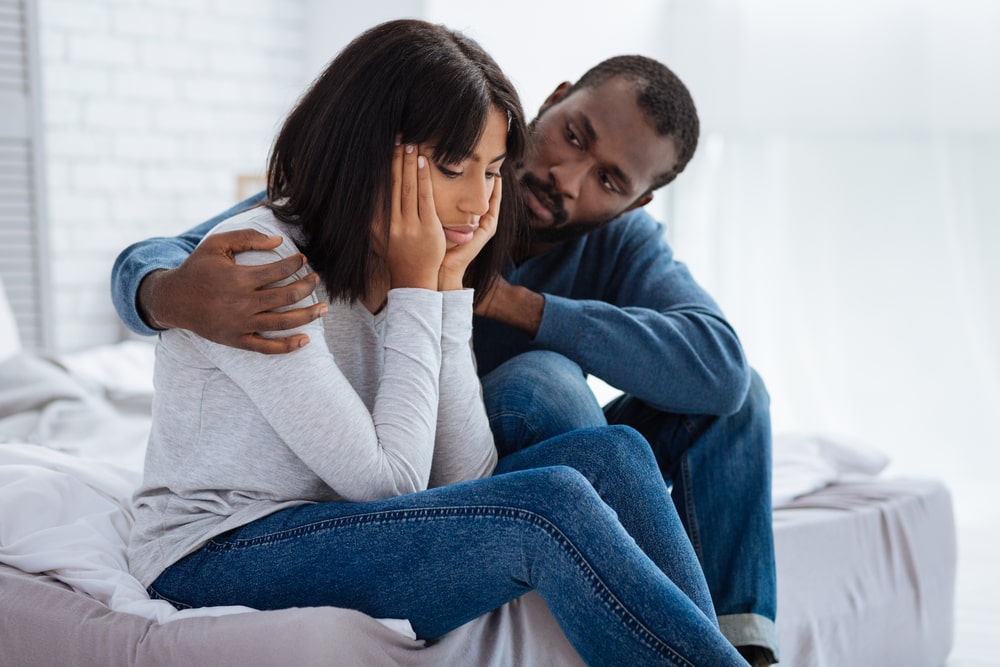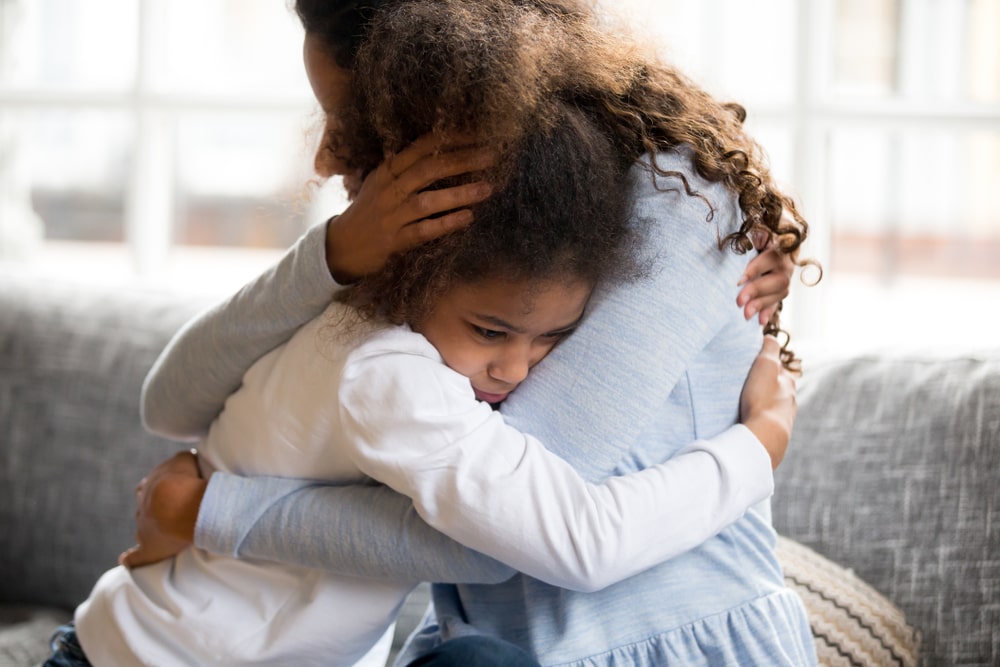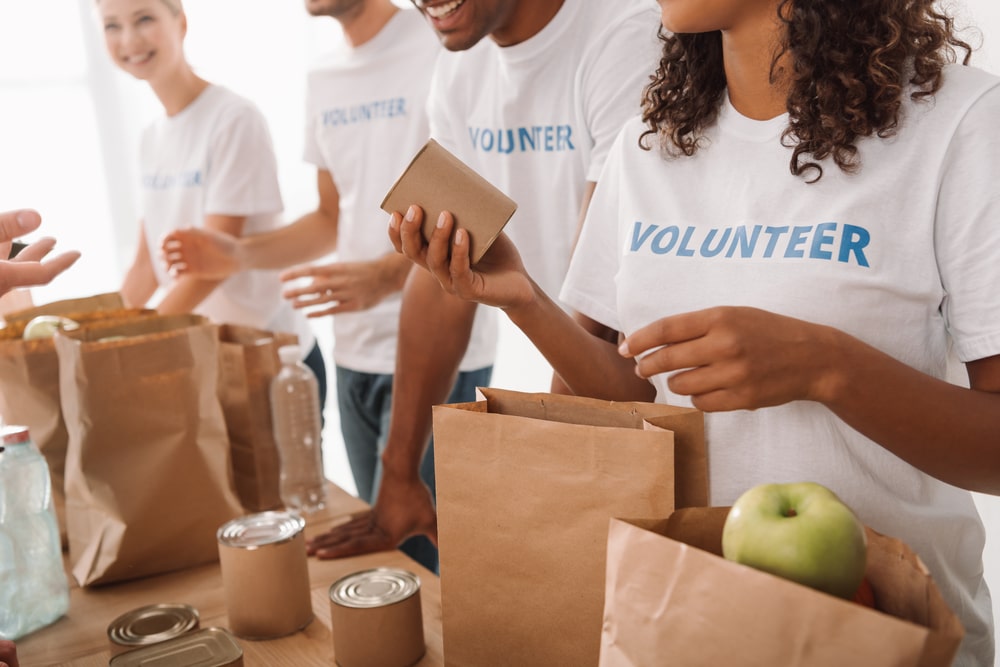People who survive traumatic events are sometimes plagued with questions. Why did I survive, but my friend didn’t? Could I have done something to prevent this? The events repeat in their minds, and for some, survivor’s guilt settles in. In short, survivor’s guilt is feeling guilty that you survived an event while others didn’t. This could relate to many possible events, including a car accident, war, or surviving an act of violence.

Not everyone will experience survivor’s guilt, but many people will, to varying degrees. Today, let’s talk about ways you can cope with survivor’s guilt and come to a place of healing. If you’d like to learn more about survivor’s guilt, its causes and symptoms, please read Understanding Survivor’s Guilt.
Before we begin, if you have been struggling with survivor’s guilt for more than six months, go ahead and schedule time to talk with a counselor. If you can find a counselor who has experience in trauma, they may be an especially good fit to help you work through your grief and guilt.
12 Tips for Coping with Survivor’s Guilt

1. Give yourself time to grieve and accept what you’re feeling
Grief is hard at any time, but when grief is compounded by traumatic circumstances, it’s important to give yourself time to process. Not only are you processing what you feel, you’re also processing the events you witnessed. It’s going to take time and honesty. Acknowledging what you feel is a great first step, and no matter what you feel, it’s perfectly normal. Guilt, anger, relief, sadness, confusion – all of these are natural responses to what you’ve experienced. It’s okay to feel this way.

2. Talk about your feelings with those you trust
We are not meant to walk through life alone. We need each other, especially after something traumatic. While the person you talk to may not completely understand what you’ve gone through, they can offer a listening ear and encouraging words. Sometimes, just knowing that you’ve been heard and putting your thoughts and emotions out in the open can be therapeutic.

3. Take care of yourself
Grief takes a toll on us, mind and body. That’s why it’s so important to take care of ourselves during times of loss and emotional distress. So, find ways to exercise regularly (low impact is perfectly fine). Take part in relaxing activities. Eat nutritiously. Make sure to get plenty of rest. You need a healthy body to help you process what’s in your mind and heart.

4. Remind yourself that you can handle sadness and loss
While we often don’t feel like it, human beings are incredibly resilient creatures. We have the ability to “bounce back” from difficult circumstances. But first, we have to remind ourselves that we can overcome the sadness we feel. While we are not necessarily born resilient, we can cultivate it and come out of our struggles better and stronger. You can find meaning and happiness again.

5. Remember that you’re not alone
At times, we feel like we are the only one struggling. Everyone else seems to have it together. But that’s not the case. Every single one of us struggles with something, and for many of us, we struggle with the same thing. In March 2019, two survivors of the Marjory Stoneman Douglas High School shooting and the father of a victim in the Sandy Hook school shooting all committed suicide. Each one of them dealt with a form of survivor’s guilt – they may have felt alone, but they were not alone. Neither are you.

6. Grieve those who died
You may know the person or people who died well, or you may not know them at all. But no matter the case, you can mourn their loss in a way that is personal and meaningful to you. We don’t have to know people personally to value their life and to pay your respects after their death. By grieving for those who are gone, you honor the life they lived while also working to heal your own heart.

7. Accept that there may be no answers
We all want to know why something happened. We run ourselves ragged trying to understand something. But, unfortunately, sometimes there are no answers. We may never know why the gunman chose that day and place. We may never understand why that illness took our family member. And we may never understand why some live and some die. Don’t get lost in the “whys” – instead, focus on living your life to the fullest, as a way of honoring those whose lives were cut short.

8. Do something with your guilt
It may seem like your survivor’s guilt has no purpose, but you can make it purposeful. Educate others about what you’ve gone through. Raise awareness about causes of death. You may feel passionate about stopping drunk driving, eradicating school shootings, or finding a cure for cancer. Alternatively, you can find more quietly personal ways to do something with your grief. Create a memorial for the person who has died or remember your loved one through acts of kindness.

9. Try to stick to a daily routine
When life feels like it’s out of control, a daily routine can ground you and give you a sense of stability. Figure out what works best for you and stick with it. Add in relaxing activities and exercise. Go to bed at the same time each night, making sure to get plenty of rest. And make time to process through your emotions – don’t ignore them. If you want to find healing, you must face what you feel.

10. Find ways to express your feelings
Sometimes talking about our grief isn’t enough. Maybe our words don’t fully say what we want them to say. Or they don’t capture the depth of what we feel. This is why creative expression is an excellent way to process the painful feelings we encounter, especially during times of grief. For example, you could: draw, paint, scrapbook, keep a grief journal, take photographs, garden, write, cook, compose music, or restore a car. Give it a try – see if it works for you.

11. Embrace life
As hard as it may be, celebrate your survival. There is absolutely nothing wrong with having survived a traumatic event. In fact, your family is likely very grateful that you did. You’ve been given a gift that others were denied. Don’t push it away – embrace it. Most of all, remember that you can be grateful for your own life while also feeling grief for those who died. These two feelings can co-exist. You aren’t negating the importance of other lives because you are thankful for your own.

12. Consider joining a support group or speaking with a counselor
If you have been struggling with survivor’s guilt for more than six months, it may be time to speak with a counselor. They will help you wade through the complex web of thoughts and emotions inside you. Also, if you’re comfortable with it, join a support group. Speaking with others who have a shared experience is an incredibly helpful exercise and may be just what you need.
Survivor’s guilt is a form of grief. There is nothing wrong with it; in fact, it’s a normal response to what you’ve witnessed. But you can’t stay where you are. Dr. Alan Wolfelt, a nationally respected counselor and grief expert says, “You don’t get to go around or above your grief. You must go through it. And while you are going through it, you must express it you are to reconcile yourself to it.” So, pluck up your courage and begin the journey of facing your grief. In the end, if you do the work of grieving, you will find renewed purpose and meaning in life.
*If you have had suicidal thoughts, please seek out help. You may not feel like it, but you are irreplaceable and have something one-of-a-kind to offer the world.




